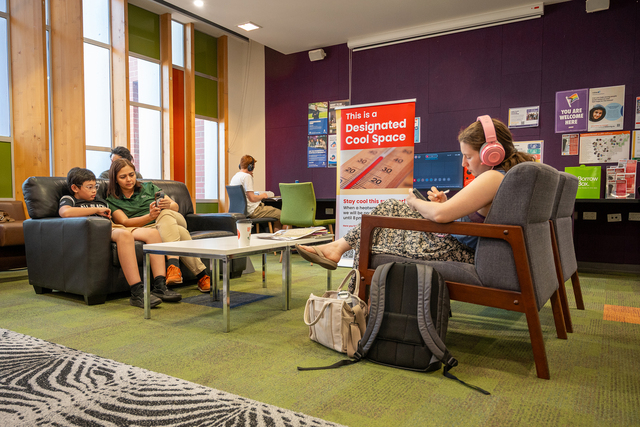“Local Government is the most accessible democratic institution we have,” said Moira Rayner. “Ordinary people find it quite easy to participate, not just by voting Councillors in and out of office, but by influencing their decisions between elections. I could shirtfront my Councillor in the local supermarket and I did.”
Moira Rayner, former Human Rights and Equal Opportunity Commissioner, and author of ‘Rooting Democracy’, delivered this year’s keynote address at the General Assembly.
“Fewer voters mean more impact, a Local Government representative is likely to be more sensitive to citizens’ views,” she said. “The personal nature of local democracy means I am much more likely to have personal contact with my Councillor than my local State or Federal member. The lines of communication are much shorter.”
She said that one of the crucial functions of Local Government is to be a forum where people can negotiate their interests, raise concerns about matters affecting them, and try to reach a consensus or accommodate the needs of others.
“Citizens are not willing to be ‘customers’ of Local Government, whose only redress is voting with their feet,” Moira Rayner stated. “They are not willing to become passive participants in global markets.”
Pointing to the results of a 1995 survey into community attitudes to Local Government, conducted by the Municipal Association of Victoria, Moira Rayner said the public does not want a managerial model of Local Government. They are not interested in Councillors who are good business people, party political or possessed with the desire for efficiency. They want honest, competent, reliable local men and women.
“When State Governments seek to take away the powers of Local Government, they hack away at the roots of a democratic community,” she said. “When they seek to restrict Local Government’s role to quasi commercial service delivery, they restrict the space – both real and metaphorical – for voluntary, collaborative interchanges among ordinary people who live next to each other.”
She said that Australia has never addressed the real, and now urgent, need to build a commitment to democratic process at the local level. However, democratising the Local Government franchise, ensuring one vote one value by removing plural voting and artificial weighting, is essential.
“In my view, the Australian Constitution should be amended to recognise and entrench Local Government as a tier of government that cannot be abolished, and with which citizens relate as citizens not customers,” she said. “Local participation is the building block of democracy. Local Government is where democracy is born. We must reclaim the local, to protect the national interest and our common good.”
















